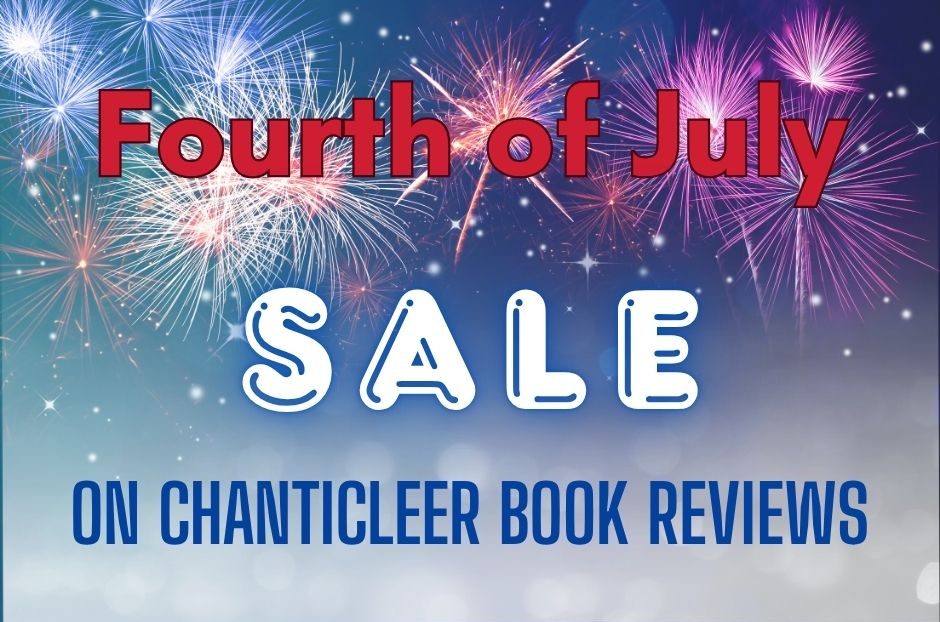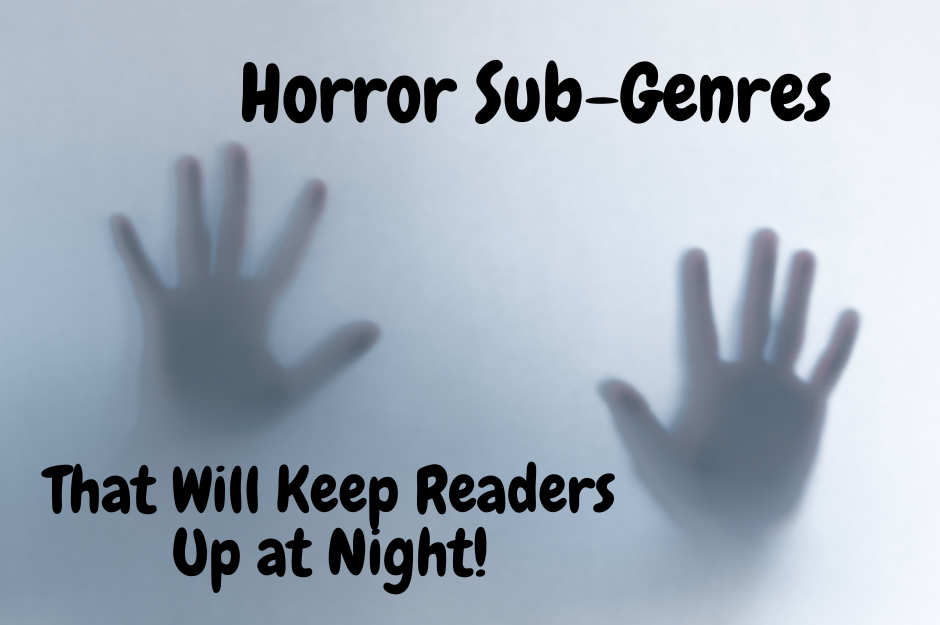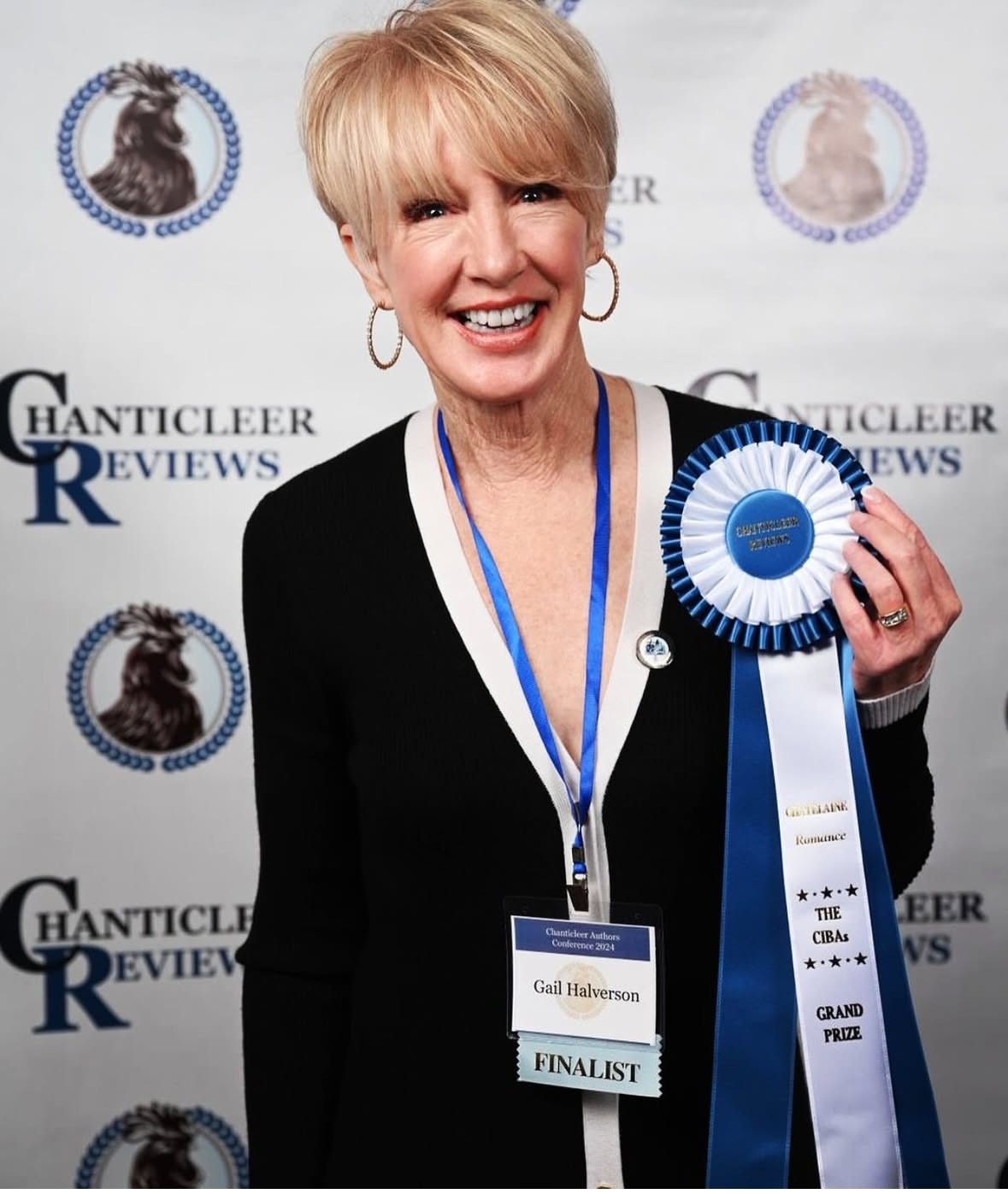|
Listen to or download this article:
|

Self-Publishing is a Huge Endeavor
You’ve finished your first work in progress, and written those fateful words: THE END. Then, like a good writer, you revise it, one, two, seven, eight times! You’ve spent well over a year with the work, and you’re either ready to begin querying or you’ve decided that you don’t want to deal with the gatekeepers in the publishing industry. Whichever describes you, your book is ready to see the world!

The many hats worn by authors
Or is it?
Here are some questions (but certainly not all) to ask yourself before you publish your work:
- Have you asked a professional to look your work over?
- Have you considered how you’re going to format the interior?
- What are you going to do for cover design?
- What medium do you want to publish in? Physical, ebook, audio?
- What company do you want to use to publish your work?
- How will you market your book?

It’s too much!
If that feels overwhelming, there’s a reasonable explanation. Publishing is a business, and a different person is often paid to help answer each of these questions in a traditional publishing environment. Self-Published Authors frequently serve as their own project manager, meaning they are the head editor, publisher, marketer, and designer for their book. Don’t be afraid to set ambitious goals, and also remember to be gentle with yourself as this process takes serious time.
We’re going to make two basic assumptions going forward: 1. You want an ISBN, and 2. You’re doing this because you have the budget to do so.
Now, let’s start with the first bullet point on the list.
Having a Professional Review Your Book
The Overview
One of the biggest issues we come across with books is that there’s no story. The writing is crisp, clean, even gorgeous, but the most that can be said for the novel is it’s well-written. The plot does not compel and the characters do not drive. In the words of Anne Lamott:
“Any plot you impose on your characters will be onomatopoetic: PLOT.”
For those reasons, we recommend having a Manuscript Overview first, whether you receive that from us or from someone else. Professionals who understand the writing industry and work with publishers are uniquely situated to give you feedback on whether or not you have a story that people will want to read and buy.

Kiffer Brown with an overview presentation
A good Manuscript Overview will examine the following:
- Compelling nature of story
- Dialogue
- Character development
- Does the scenery and setting work with the story
- Backstory issues
- Professionalism of editing & formatting
- Continuity of storyline
- Plotting and plot-hole issues
- Writing craft
This stage comes before line and copyediting, as you still have plenty of work to do in bringing the work up to being the best it can be. You can read more about our suggestions surrounding Manuscript Overviews here.
Line Editing, Copy Editing, and Proof Reading
While we have all the general information about this on our Editorial Services page, those thoughts and definitions are worth repeating here. Our Editorial Coordinator can discuss with you about whether or not your work needs more development before moving onto the next stage in editing.
Line Edit
- If your story still has developmental issues (dialogue, plotting, character development, etc.), your work would benefit from a Line Edit. Line Editing is a line-by-line edit to make sure that each sentence pushes the story forward and creates just the right amount of pacing and tension. Each and every word should count!
- Line Edit Review is a final check that all issues and concerns have been addressed by the author and that new problems have not been created in the reworking of the manuscript.
Copy Edit

WorldKeeper Diane Garland always has excellent suggestions to track your story
- We highly suggest that you have a Style Sheet Guide created that is the basis of your story-bible. A Style Sheet Guide will ensure that your characters’ names, place names, conventions (examples are: Happy Christmas instead of Merry Christmas or blond or blonde or using kilometers instead of miles), jargon, pet names, time frame, and more — the attention to detail that will set your work apart from the fray.
- After reworking the manuscript and addressing the editor’s suggestions, then the work should be ready for a Copy Edit with an editor with fresh eyes.
- Copyediting is a mechanical edit. It focuses on grammar, punctuation, spelling, typos, continuity errors, and timeline errors.
- If a Style Sheet has been generated, then the manuscript will be edited using it to ensure consistency.
Proof Read
- A proof read with a third set of fresh eyes is the final reading to catch the inevitable typos and glitches.
- If a Style Sheet was generated prior to the copy edit, then it will be used in the final proofing of the work.
- Proofing comes before formatting. Formatting is determined by the publishing platform.
- As we get into the nitty gritty details of proof reading, that’s a good time to examine the often forgotten question of formatting.
Professional Touch

Call in the pros!
Many authors rightly find themselves wrapped up in the joys and beauty of their work. This devotion to writing is what makes them so good at what they do, and it is important to have an outside, less biased perspective to help you along. Often a key part of a story or character exists only in the author’s mind, and somehow it never found its way onto the page. Hiring extra eyes really can make the difference when it comes to your book being excellent as opposed to just another of the millions of published titles a year.
That’s all the time we have for this article. We’ve covered the importance of having professional eyes on your book. In a future article we’ll look at:
- Interior Format
- Cover Design
- Mediums of Publishing
- Self-Publishing Companies
- Marketing
Stay tuned!
Thank you for joining us for this Writer’s Toolbox Article!

Our 12th Anniversary Chanticleer Authors Conference (CAC24) will be April 18-21, 2024, where our 2023 CIBA winners will be announced. Space is limited and seats are already filling up, so sign up today! CAC24 and the CIBA Ceremonies will be hosted in Beautiful Bellingham, Wash. Sign up and see the latest updates here!
When you’re ready, did you know that Chanticleer offers editorial services? We do and have been doing so since 2011.

Our professional editors are top-notch and are experts in the Chicago Manual of Style. They have and are working for the top publishing houses (TOR, McMillian, Thomas Mercer, Penguin Random House, Simon Schuster, etc.).
If you would like more information, we invite you to email Kiffer or David at KBrown@ChantiReviews.com or DBeaumier@ChantiReviews.com for more information, testimonials, and fees.
We work with a small number of exclusive clients who want to collaborate with our team of top-editors on an on-going basis. Contact us today!
Chanticleer Editorial Services also offers writing craft sessions and masterclasses. Sign up to find out where, when, and how sessions being held.
A great way to get started is with our manuscript evaluation service, with more information available here.
And we do editorial consultations for $75. Learn more here.
If you’re confident in your book, consider submitting it for a Editorial Book Review here or to one of our Chanticleer International Awards here.

Writer’s Toolbox
Thank you for reading this Chanticleer Writer Resolutions article.
Writer Toolbox Helpful Links:
ADVENTURES in SELF-PUBLISHING, #1: VANQUISHING the FEAR by Gail Noble-Sanderson
Self-publishing News: Subscriptions and Concessions
Continuity and Story Bibles – by Your WorldKeeper Diane Garland
The traditional publishing tool that indie authors can use to propel their writing careers to new levels? Read The Seven Must-Haves for Authors – Unlocking the Secrets of Successful Publishing Series by Kiffer Brown









Leave A Comment